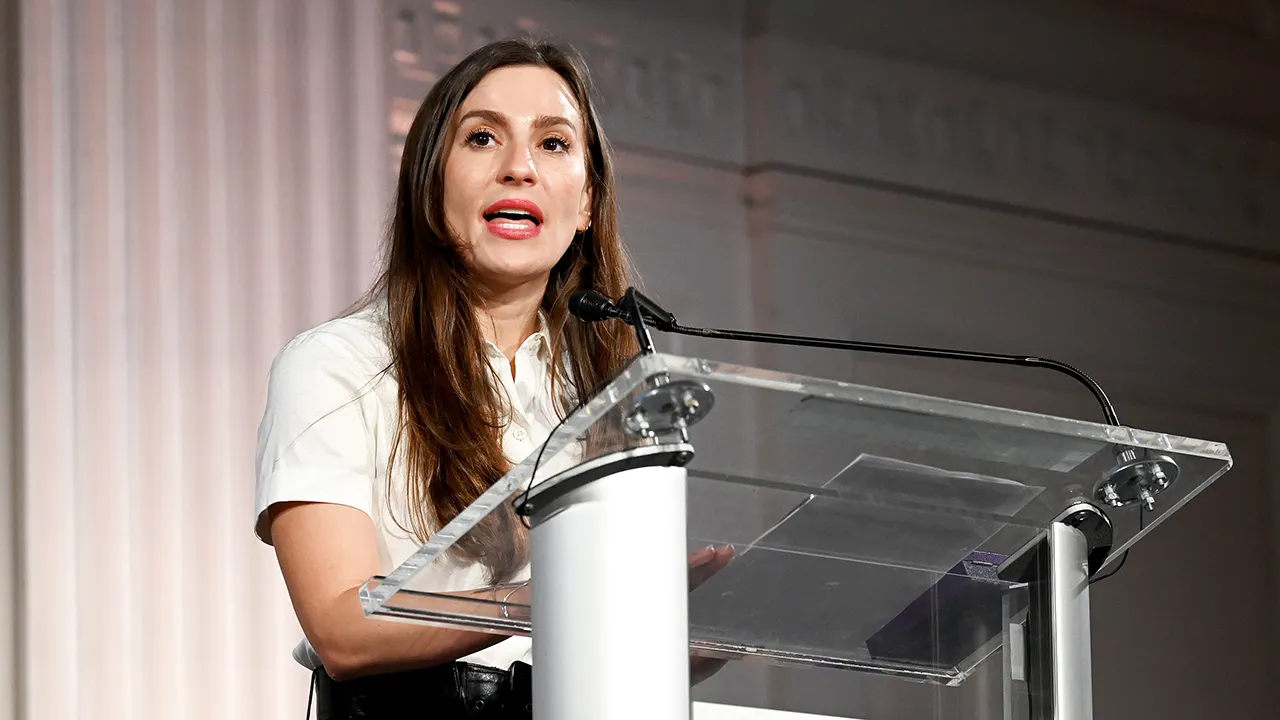VANCOUVER, British Columbia — Pro-life advocates in Canada are buoyed by news that the U.S. Supreme Court was poised to overturn its decision on Roe v. Wade, but said they expect limited immediate effect in the country.
In Australia, Archbishop Anthony Fisher of Sydney described as “very encouraging” the leaked draft majority opinion written by Justice Samuel Alito, which said “Roe was egregiously wrong from the start.”
The draft opinion that may strike down the 1973 U.S. abortion ruling, published by Politico May 2, comes as Canada’s prolife movement prepares for its largest annual events: the March for Life May 12 in Ottawa, Ontario, as well as smaller gatherings in provincial capitals.
Canada’s Parliament passed legislation that decriminalized abortion May 12, 1969.
Alito’s draft opinion stems from the case of Dobbs v. Jackson Women’s Health Organization, a challenge to a 2018 Mississippi law banning abortion after 15 weeks of pregnancy.
The news from the U.S. is “already rallying the troops,” said Father Larry Lynn, pro-life chaplain for the Archdiocese of Vancouver. “The pro-abortion people are saying, ‘this could happen here,’ and ‘be on your guard’ and those sorts of things.”
He added, “I think you can mark this day as a time when a real battle has begun.”
Removing Roe v. Wade as precedent would put U.S abortion law back in the hands of the states, which Father Lynn called “a perfect example of subsidiarity at work, a very Catholic principle, a foundation of Catholic social justice.”
While the 1973 U.S. ruling removed the abortion issue from the states and made it federal law, the draft majority opinion states that “Roe v. Wade was egregiously wrong in taking that power away from the states,” Father Lynn explained.
As for any political parallel in Canada, Lynn expressed doubt.
“I think that the political will in Canada to work against abortion is virtually nil,” he said. “All the governments since (Prime Minister Brian) Mulroney’s time have not been willing to touch it. They won’t event discuss ‘when does life begin.’”
Tabitha Ewert, legal counsel for grassroots initiative We Need a Law, agreed that there won’t be a tangible effect in the near future in Canada, but said the draft opinion is important from a social perspective.
“There won’t be any legal impact but we’re already seeing the political impact,” she said, pointing to a Bloc Quebecois motion in Parliament May 3 seeking unanimous support for women’s right to abortion. The motion failed because it lacked unanimity.
Josie Luetke, youth coordinator for Hamilton, Ontario-based Campaign for Life Coalition, said the largest task for the pro-life movement in Canada is to “reignite the abortion debate” and “keep momentum going,” with the first opportunity at the marches for life.
“Abortion has become kind of a sacred cow in Canada that many mistakenly think cannot be challenged,” Luetke said. “If Roe is overturned, the abortion debate is certainly coming to Canada, where we’ll be advocating for protection for preborn children.”
In Sydney, Michael Quinlan, national head of the School of Law at the University of Notre Dame Australia, told The Catholic Weekly, newspaper of the Archdiocese of Sydney, that it was “important to remember what happened in Roe v. Wade.”
“The court took medical and other evidence and it formed a view in which it divided up pregnancies into different trimesters and said that states had power to legislate in particular ways in relation to particular trimesters,” Quinlan explained.
“The minority judges in that case said their concern was that sounded very much like what you’d expect a parliament to do, to get into that kind of detail. And they were completely correct about that,” he said.
The case of Planned Parenthood v. Casey later abandoned the trimester divisions in favor of “fetal viability,” which Alito said “makes no sense” as a legal standard.
“Viability is the point at which the child has a possibility of surviving if delivered unharmed,” said Australian bioethicist Margaret Somerville.
“This raises the issue of whether a right to abortion is only the right of the woman
to evacuate her uterus or also includes having the child intentionally killed before delivery when it might have a chance of living — a very sensitive issue,” she said.
Noting that the World Health Organization reports 73 million abortions worldwide annually, Somerville cautioned that prolife supporters most go beyond simply opposing abortion.
“We must offer support to vulnerable women who see abortion as their only feasible option for dealing with an unwanted pregnancy,” she said.
Archbishop Fisher said even though the U.S. Supreme Court decision is welcome, it “will not end the scourge of abortion in the United States,” but “will give each state the opportunity to prohibit or at least restrict this horrific practice that has claimed the lives of more than 60 million unborn children since Roe v. Wade was decided.”
The draft decision, he said, also offers prolife advocates in the Australian state of New South Wales “a great sign of hope” three years after legislators in the state parliament passed legislation that decriminalized abortion.
“For us here in NSW, today’s news is a reminder that the advocacy for the dignity of all human life is an ongoing task, the fruits of which can often take the work of entire generations.”
– – –
This story includes information from The B.C. Catholic in Vancouver and The Catholic Weekly in Sydney.




















Discussion about this post